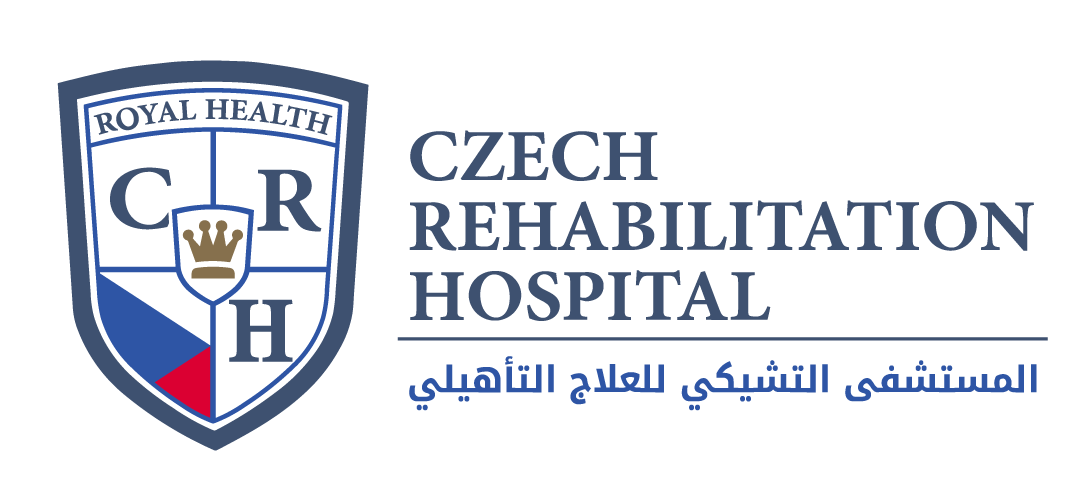
You have the right to:
- Receive care that is considerate, respectful of the patients’ personnel values and beliefs.
- Receive health care on the basis of clinical need.
- Be referred to a specialist/consultant for special care when there is a clinical need.
- Receive detailed explanation of your condition, care, treatment and aftercare, in simple terms that you can fully understand.
- Have access to your medical records and expect those records to be up-to-date, accurate and kept fully confidential and protected from loss and misuse.
- Seek a second opinion if you so choose.
- Privacy during examination, procedures, clinical care/treatment, and the right to know who is in attendance and the purpose of those in attendance on them.
- An informed consent for treatment, procedures, interventions as per the health authority.
- Receive verbal and written information about any proposed treatment and to be told if there are any alternatives available.
- Have the freedom to choose their pharmaceutical care provider.
- Receive relevant, current and understandable information concerning their drugs and treatment and any possible side-effects.
- Be involved in any decision making about your treatment and care.
- Have drug therapy monitored for safety and efficacy and to make reasonable efforts to detect and prevent drug allergies, adverse reactions or contraindications.
- To communicate with you in your language or through the service of an interpreter.
- Receive information on how to make a complaint to the healthcare facility if unhappy about the lack of access to your rights, medical examination or treatment, behavior of the staff or healthcare facility safety standards.
- Have any complaint that you make, acknowledged, fully investigated, and be provided with a written response as per the facility policy.
- Reasonable safety in relation to the healthcare facility environment and practices with appropriate protection to children, disabled, elderly or vulnerable patients.
- Refuse or accept treatment based on personal decision.
- Be informed regarding any uncovered costs and expenses prior to making decisions.
Your responsibilities are:
- To bring your insurance card with you when you attend a healthcare facility.
- To follow any specific rules and regulations of the healthcare facility.
- To follow the treatment plan as outlined by the health care professional.
- To ask any questions if you are not clear about any aspect of your healthcare provided.
- To consider the rights and responsibilities of other patients and healthcare professionals.
- Not to use abusive language or display unsocial behavior to other patients, visitors or staff.
- To give accurate information about personal details, medical history, medication you are receiving and history of allergies or sensitivity to medicines.
- To face the outcomes of your own actions if you decide not to follow any advice, instructions and/or treatment plan and recommendations.
- To safeguard you belongings whilst receiving any health care treatment.
- To keep appointments and inform staff if you are unable to attend so that the time can be used by other patients.
- To inform staff if you have any special needs for effective discharge from a hospital or clinic. You should try to make preparations for discharge to the best of your ability as soon as you are medically fit.
- To be accountable for payment of any deductible or medical services excluded from the insurance scheme provided by the practitioner/facility.


